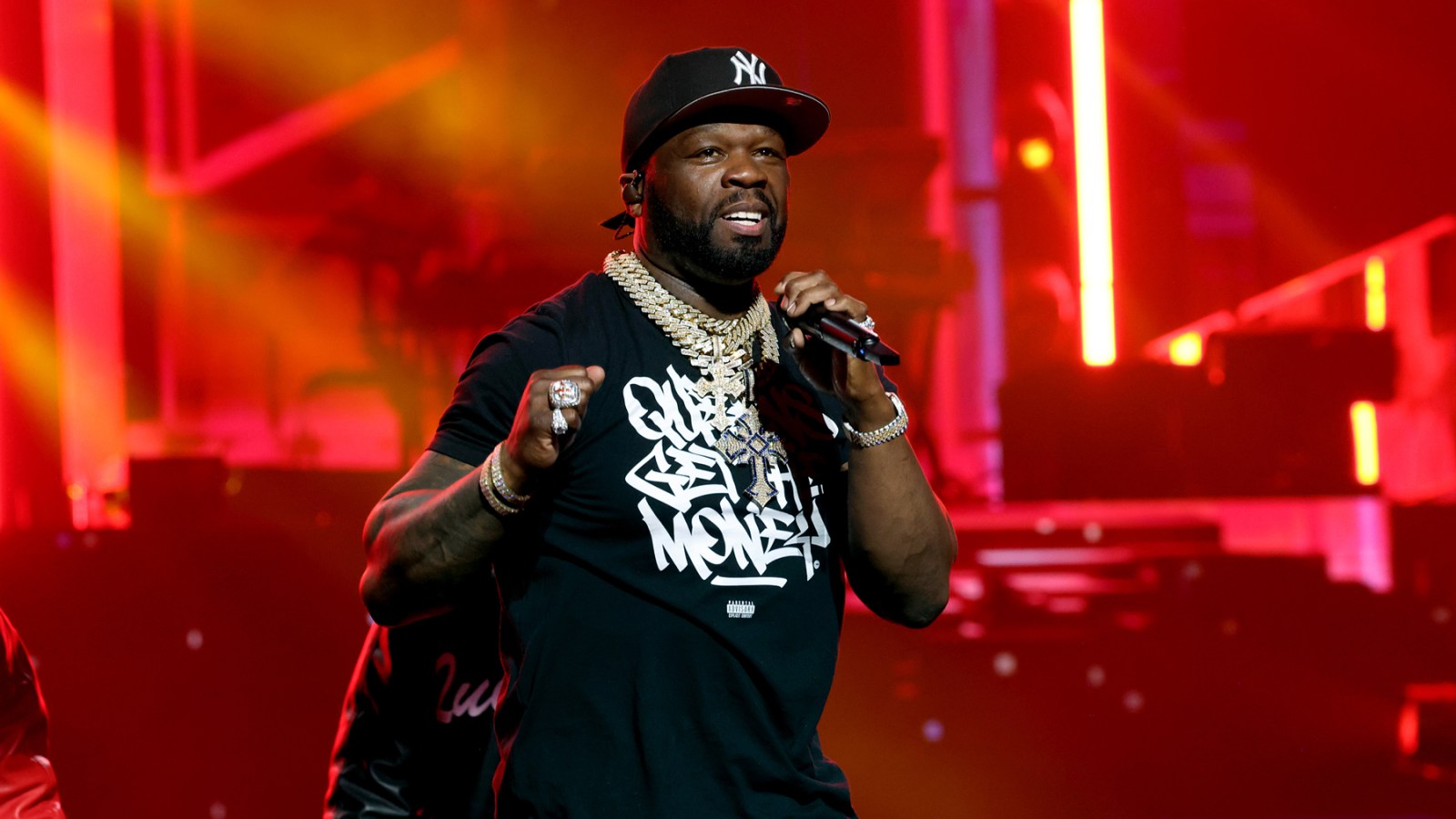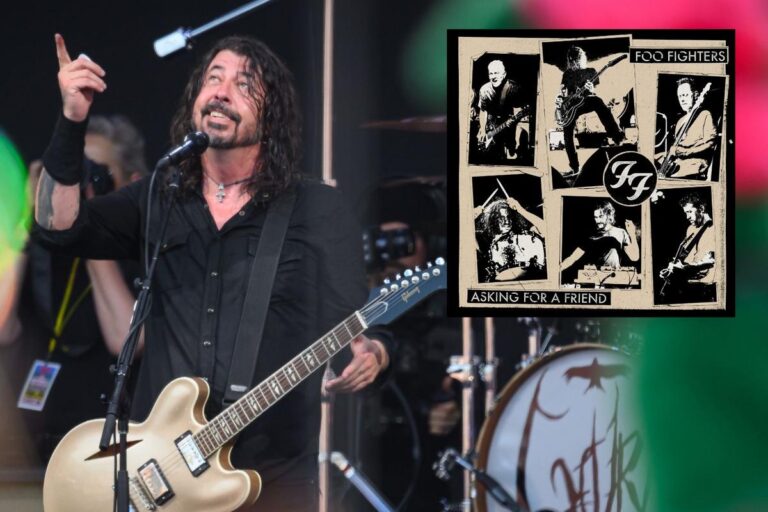Generative artificial intelligence is seeping deeper into our cultural fabric by the day. In just two years, AI videos of Will Smith eating spaghetti have evolved from poorly developed nightmare fuel to genuinely deceptive clips. And in the music industry, “AI artists” are garnering multimillion-dollar deals, charting, and being co-signed by music legends like Timbaland. Generative AI music programs like Suno have morphed hip-hop’s manifestations of the tech from novelty clips of “Jay-Z” rapping Ice Spice lyrics to polished, genre-switching remixes of classics like 50 Cent’s “Many Men.”
While purists are pushing back against these artificial novelties, the rap legend told Complex’s Jordan Rose he likes the remixes because they “reach someone that I missed… someone who couldn’t hear what I was trying to say to them in the writing, can hear it now that it’s in that format.” It’s an uneasy idea to get behind, especially when rappers still have their poeticism questioned, and some music snobs continue to challenge the musicality of sampling. It’s not that hip-hop’s messaging is too complex to understand — some people simply choose not to appreciate it. One shouldn’t need to hear 50’s bars presented differently to value them, especially through artificial intelligence.
Knowingly or not, 50’s sentiment speaks to how soul remix tracks placate two of the most troubling sects of music fans: people who don’t care about the dehumanization of AI art, and those who don’t respect the musicality of hip-hop.
Artists have been developing AI soul songs on programs like Suno for several years. One of the first major examples to hit hip-hop was “BBL Drizzy,” a humorous beat Metro Boomin crafted to poke fun at Drake amid last year’s rap war. The beat, with unmistakable ’70s soul influence, had everything a song needs to sustain in the algorithm: it was catchy, funny, and subversive. Who had ever heard of a diss beat? While Kendrick and Drake were putting their pens to their limits, Metro fired up some software and got his licks in. Drake later rapped over the beat during a beat switch on “U My Everything” with Sexyy Red, acknowledging that the song annoyed him enough to attempt to reclaim it. Generative AI was already a concern back then, but the song was clever and isolated enough for many to laugh it off.
Soul remakes of classic hip-hop songs have since pervaded social media. There are remixes of 50 Cent, Lil Wayne, DMX, and others, with millions of views online. Someone even went as far as to make a full Get Rich or Die Tryin’ remix album called Get Wealthy or Perish Trying by “Shifty Brent.” The project steals the landmark album’s lyrics, but then distances itself from hip-hop with a corny new name and title.
One comment under the video reads, “This makes me appreciate 50’s lyrics sooooo much more.” Another says, “All of our parents that said rap wasn’t real music, and how could we listen to rap at its beginnings, would probably have this cassette in their tape decks right now if they could.” But if those parents hypothetically came to their kids marveling about 50’s penmanship and knack for melody, would they be telling us anything we didn’t already know? The comments reek of the respectability politics often applied to hip-hop. For too many, rap’s artistry is only acknowledged when it’s in proximity to more widely accepted institutions — from Pulitzer Prizes that recognize its artistry to college courses that justify its “social consciousness.” And in this case, generative AI users are running classic hip-hop through a Motown filter for people who couldn’t value the lyrics in their original form.
Sure, some of these tracks are catchy. But we’re gifted with discernment to evaluate the stakes of amplifying them — especially when plenty of actual humans are making good music. Music fans are still mourning the death of legendary singer D’Angelo and lauding how the vastness of his musical experiences, from gospel to funk to soul, permeates his catalog. He held a sacred bond with his music and withdrew from the industry when he felt that he had become so much of a sex symbol that he was attracting fans who didn’t cherish music the way he did. It goes without saying that few artists come close to his talent, but we also lack enough who share his creative mindset. The scourge of AI will make this dynamic worse over time.
Artificial intelligence is billed by its profiteers as a new frontier for technology and humanity, but generative AI often perpetuates existing social harms. Men are asking X’s Grok AI to reclothe (or declothe) women on social media. Racist depictions of young Black people help some visualize their stereotypes. Recently, cartoonish depictions of activist Martin Luther King Jr. went so far that the generative AI platform Sora banned users from using his likeness. And now, fans are listening to soul remixes and slighting hip-hop’s resonance. All of this is brought to us through data centers that consume vast amounts of water and pollute Black neighborhoods in cities like Memphis. It’s not just a cultural conversation — AI relies on technology that’s compromising people’s physical health in its efforts to steal our artistry.
During a recent Dazed interview, MIKE lauded hip-hop as “the world’s longest conversation, and every generation the conversation gets a little bit smarter.” Historically, that intergenerational conversation has come through producers sampling older records, or George Clinton rapping Rakim lyrics — not AI slop. If we shrug off AI music to the point that it saturates the market, we’re setting the pathway for young, musically inclined people who don’t even try to harness the breadth of their talent because they can merely create an avatar artist or retread other people’s classic work. We should also be careful about supporting music devoid of human touch in an industry fixated on exploitative contracts, holograms, and whatever other schemes allow corporations to maintain maximum profit.
These soul remixes aren’t just troubling — they’re banal doomscroll fodder made for social engagement. On the timeline, they sit between burgers that look like Steve Harvey and videos of humanoid businessman tigers with briefcases. Hip-hop doesn’t need any external prescription or AI co-signs to justify its artistry. If someone can’t understand a rap song in its original context, then it’s just not for them.



